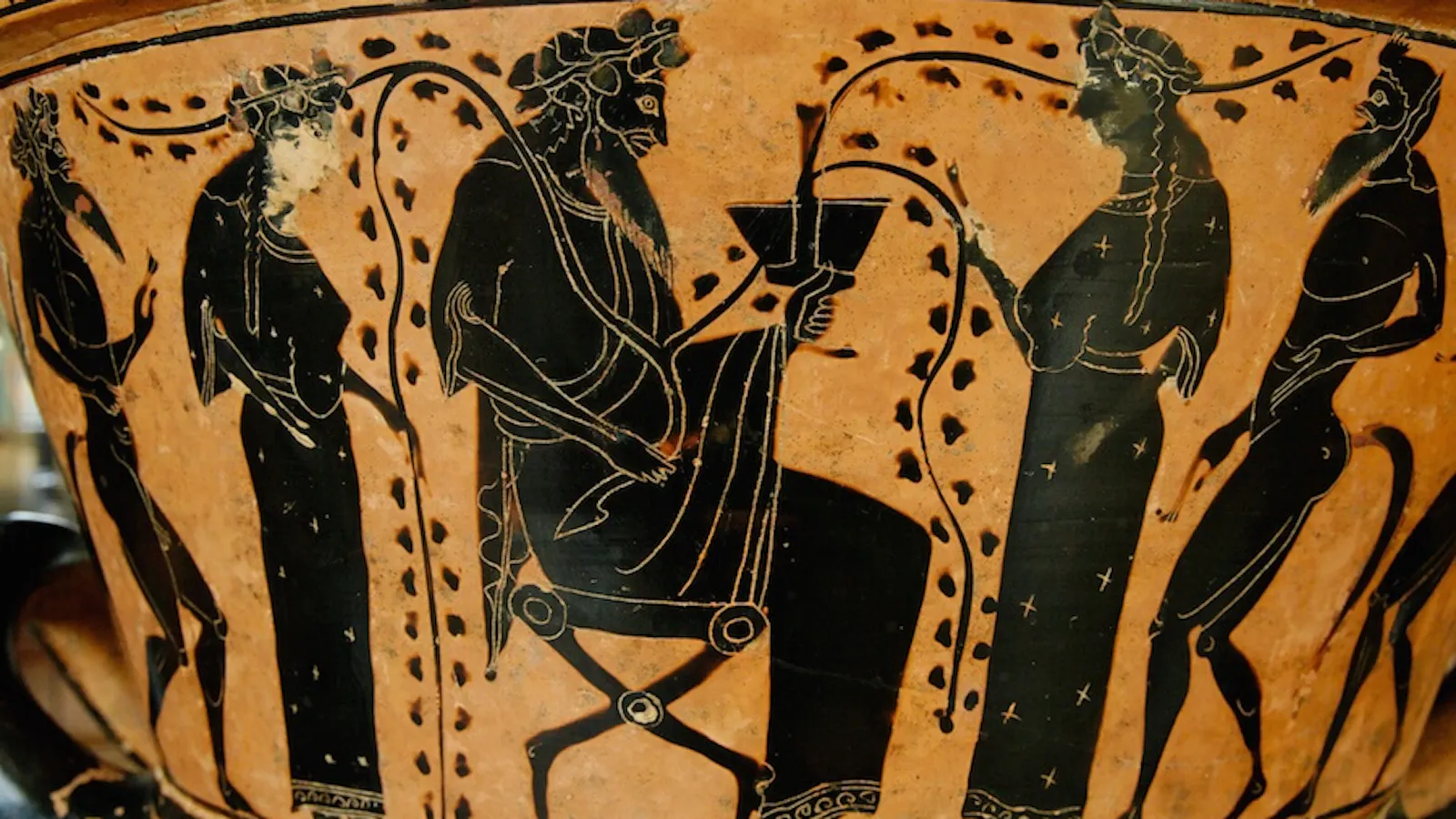Ancient diet trends were often bizarre and sometimes even dangerous. Many ancient cultures had their own unique ideas about what constituted a healthy diet, with some diets based on mystical or spiritual beliefs rather than scientific evidence. We should always approach nutrition with caution and skepticism, and seek out evidence-based advice from qualified professionals.
While some of these ancient diet trends might have had some beneficial effects, some of them lacked a balanced approach to nutrition and could have had negative health consequences. Conversely, you may find that many of the eating habits of our ancestors were fairly similar to our own. Let’s take a look at some of the oddest and most fascinating diets and foods of our ancient ancestors.

The Wine & Egg Diet Of Ancient Greece
The Wine and Egg Diet was a popular diet trend in ancient Greece, where people believed that consuming a diet of wine and raw eggs would increase their strength and vitality. The Greeks saw the egg as a symbol of life and believed that it contained all of the necessary nutrients to sustain life. The wine was also believed to have health benefits and was often used as a medicinal remedy.
However, this diet trend has not stood the test of time and is not recommended by modern health professionals. Raw eggs can contain harmful bacteria such as salmonella, and excessive consumption of alcohol can lead to a range of health issues. But the ancient Greeks apparently were willing to take the risk (considering they didn’t understand bacteria…).
